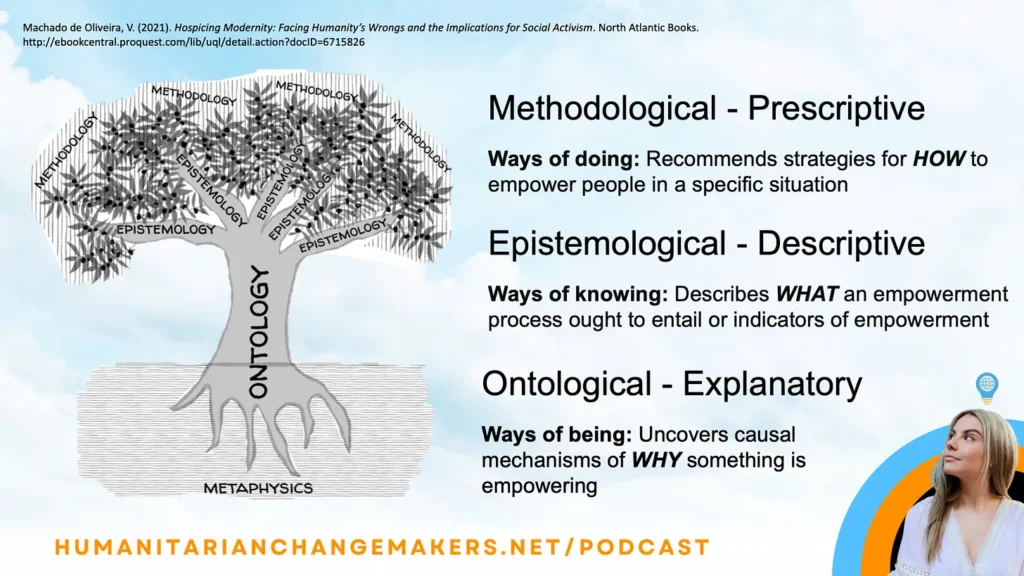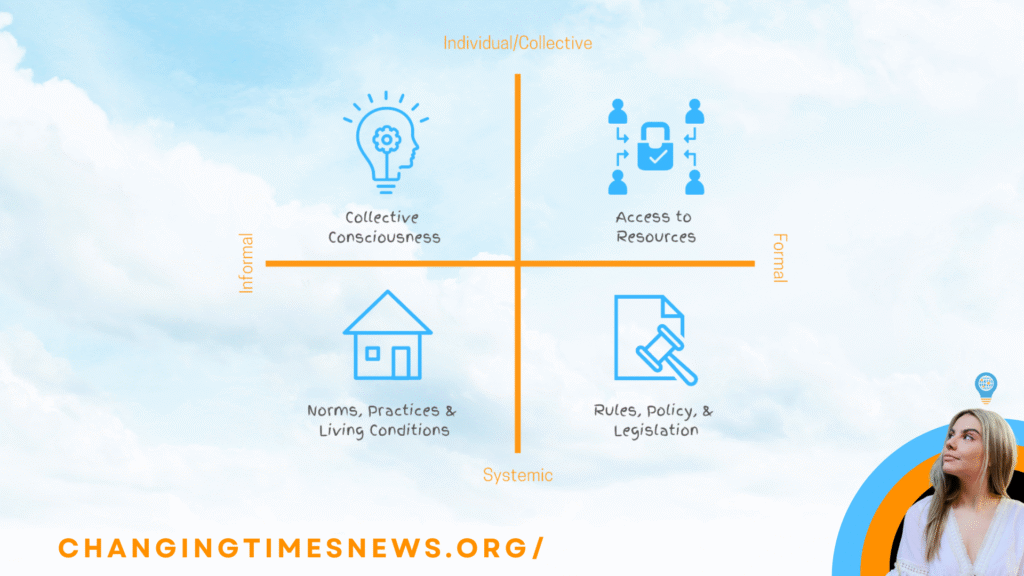Host of Changemaker Q&A Tiyana J has unveiled a groundbreaking framework on women’s empowerment, arguing that global development policies have too often confused equality with true empowerment.
Speaking after presenting her work at an international academic conference, the scholar explained that while the term empowerment has been widely used since the 1970s, it has become a “buzzword” that risks losing its transformative meaning.
Equality vs. Empowerment
The fifth of the United Nations’ Sustainable Development Goals (SDGs) includes a target to empower women through technology. Yet, its primary measure of progress—the ratio of women to men who own a mobile phone—reduces empowerment to a static outcome rather than a deeper process.
“Gender equality and empowerment are not the same thing,” the researcher said. “Equality measures differences, while empowerment is about transformative change in a woman’s ability to shape her own life.”
This distinction echoes concerns raised in the 1990s by Indian activist and scholar Srilatha Batliwala, who warned that empowerment was in danger of being watered down.
The Philosophy of Change
To move beyond surface-level definitions, the new framework draws on philosophy. Referencing Hospicing Modernity by Vanessa Machado de Oliveira, Tiyana J uses the metaphor of an olive tree:
- Leaves represent methodological approaches—new strategies or programs aimed at “fixing” systems.
- Branches represent epistemological approaches—ways of knowing, emphasizing context, history, and lived experience.
- Roots and trunk represent ontological approaches—deeper questions about being, existence, and transformation.
Most empowerment initiatives, the researcher argues, remain stuck in the “leaves and branches,” focusing on doing or knowing. True transformation, however, requires addressing the roots: how women experience and express power itself.

Power Reconsidered
At its core, empowerment is about power—not as domination, but as the ability to effect change. The framework identifies four dimensions of power, each tied to different aspects of human existence:
- Power-for: the capacity to turn possibilities into reality, tied to material resources.
- Power-within: autonomy and self-determination, rooted in personal identity and values.
- Power-to: freedom to act and shape one’s life within social structures.
- Power-with: collective strength built through relationships, solidarity, and collaboration.
“Empowerment is not a single event but an ongoing process,” the researcher explained. “It emerges when women experience an increase in transformative power across these different dimensions of life.”
Learn more about the empowerment framework
Access free resources and training as part of our Empowered Agents of Change toolkit via the FREE Social Impact Foundations course on the School of Social Impact.
Beyond Linear Development
The framework challenges the dominant development model, which often treats progress as a linear path of growth and incremental change. Instead, it emphasizes building transformative power as a dynamic process that can ripple from the individual to the community and beyond.
By shifting focus from equality as an outcome to empowerment as a process, the researcher hopes policymakers, activists, and institutions will rethink how they measure and foster real change.
“True empowerment doesn’t just close gaps,” she said. “It opens new horizons for what women—and societies—can become.”


